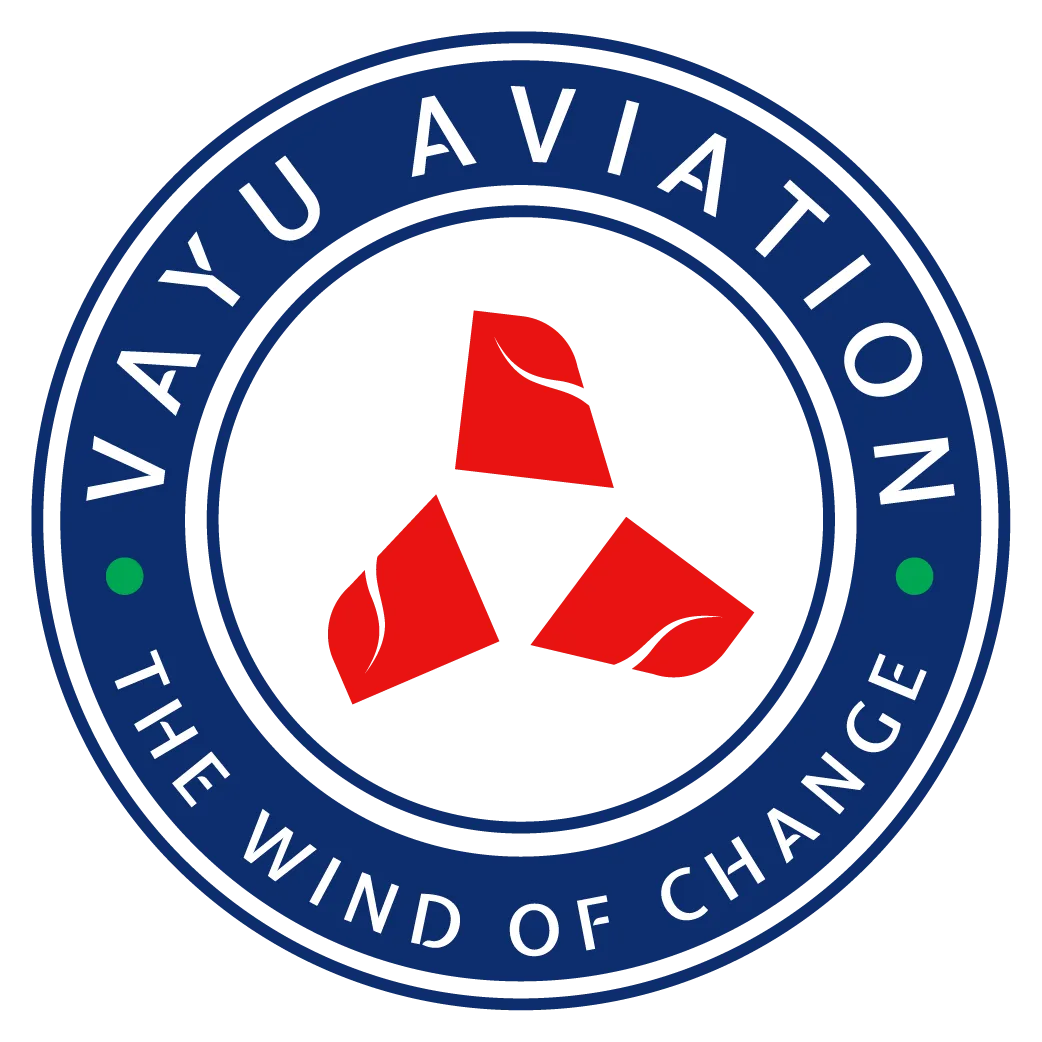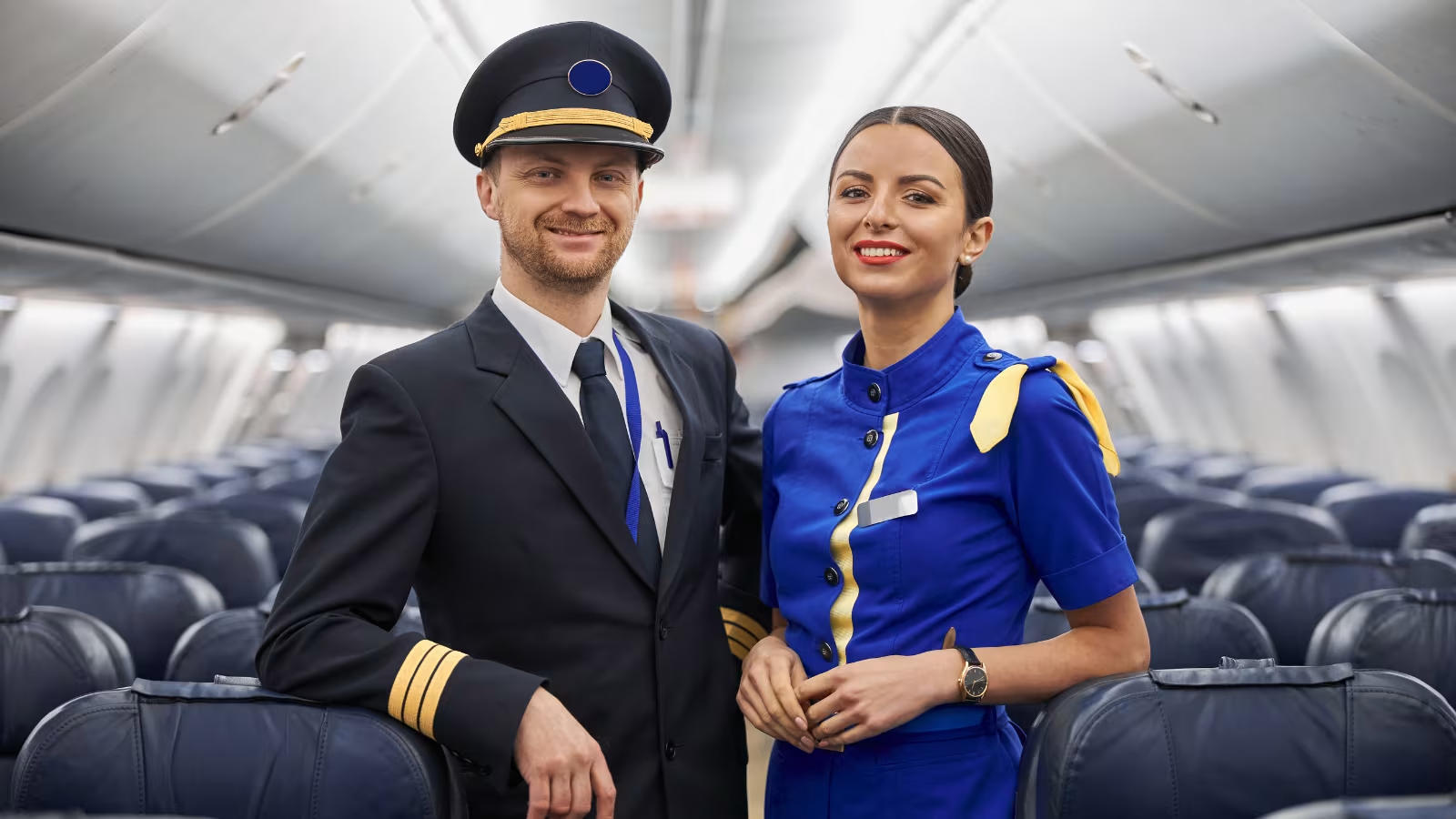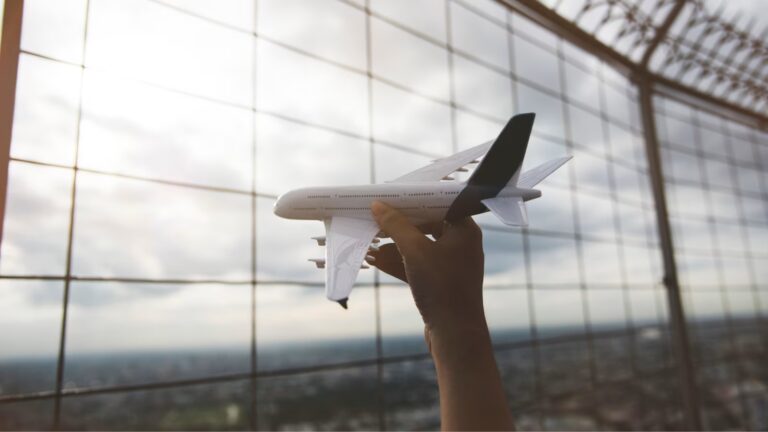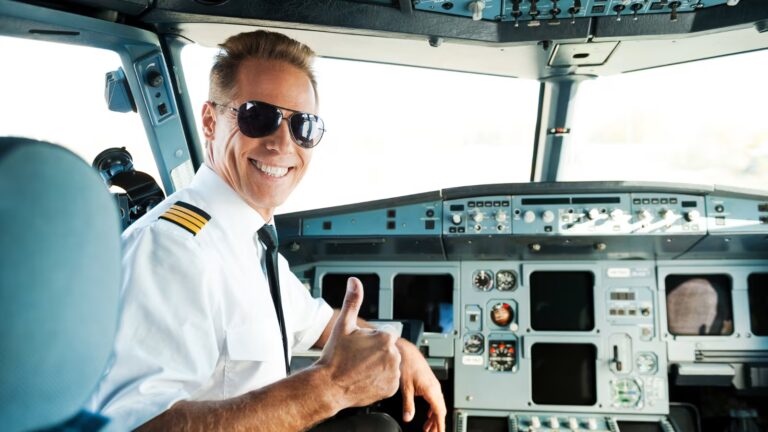The aviation industry is a global connector, bringing people of diverse backgrounds together. Yet, historically, it has struggled with diversity in its workforce, particularly in leadership and technical roles like pilots and engineers.
Today, airlines recognize that fostering inclusive hiring practices isn’t just about social responsibility; it’s a strategic imperative for innovation, customer satisfaction, and long-term success.
Here’s how airlines can create a more equitable and inclusive hiring process:
1. Assess and Address Biases in Recruitment
Before improving hiring practices, airlines must first identify existing biases in their recruitment processes. This includes:
- Reviewing job descriptions to ensure they use inclusive language and focus on essential skills rather than unnecessary qualifications that may exclude underrepresented groups.
- Implementing blind recruitment by anonymizing resumes to reduce unconscious bias related to names, gender, or ethnicity.
- Standardizing interviews with structured questions to ensure fairness and consistency in evaluating candidates.
Data-driven hiring tools, like those used by American Airlines, can help track diversity metrics and identify gaps in recruitment 8.
2. Expand and Diversify Talent Pipelines
Airlines must proactively seek talent from underrepresented groups by:
- Partnering with diversity-focused organizations such as Women in Aviation International (WAI), the Organization of Black Aerospace Professionals (OBAP), and the National Gay Pilots Association (NGPA).
- Engaging with schools and universities, particularly those serving minority communities, to inspire early interest in aviation careers. For example, Alaska Airlines’ True North Pilot Development Program targets students from diverse backgrounds.
- Offering scholarships and mentorship programs to reduce financial barriers for aspiring pilots and technicians. EasyJet’s Amy Johnson Flying Initiative, which aims to increase female pilots, is a great example.
3. Foster an Inclusive Workplace Culture
Hiring diverse talent is only the first step—retention requires an inclusive environment where employees feel valued. Airlines can:
- Establish Employee Resource Groups (ERGs) to support underrepresented employees. Southwest Airlines has ERGs for Black, LGBTQ+, AAPI, and veteran employees, fostering a sense of belonging.
- Provide DEI training for leadership and hiring teams to recognize and mitigate unconscious biases. American Airlines ties executive compensation to DEI engagement goals, ensuring accountability.
- Offer flexible benefits, such as parental leave and accommodations for disabilities, to attract and retain a broader workforce.
4. Promote Equity in Career Advancement
Inclusivity shouldn’t stop at hiring—employees from underrepresented groups often face barriers in career progression. Airlines can:
- Implement mentorship and sponsorship programs to help diverse employees navigate career growth. Reverse mentoring, where junior employees mentor executives, can also broaden leadership perspectives.
- Ensure diverse representation in leadership, as studies show that companies with inclusive leadership teams perform better commercially.
- Conduct regular pay equity audits to close wage gaps. American Airlines uses Syndio’s workplace equity platform to analyze compensation fairness and has earned Fair Pay Workplace certification.
5. Measure Progress and Adapt Strategies
Sustainable change requires continuous evaluation. Airlines should:
- Track diversity metrics across hiring, promotions, and retention to identify areas needing improvement.
- Solicit employee feedback through surveys and focus groups to understand workplace experiences. Alaska Airlines measures its “Inclusion Index Score” to gauge employee sentiment.
- Collaborate with industry groups like the Regional Airline Association (RAA), which advocates for policies that improve access to aviation careers, such as increased federal student aid for flight training.
Conclusion: The Future of Inclusive Aviation
Inclusive hiring isn’t just about filling quotas—it’s about building a workforce that reflects the diverse world airlines serve.
By removing biases, expanding talent pipelines, fostering belonging, ensuring equitable advancement, and measuring progress, airlines can create a more innovative, resilient, and customer-centric industry.
Get in touch with experts at Vayu Aviation to learn more.



